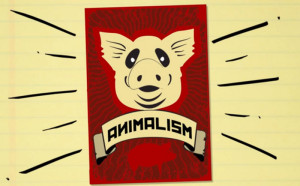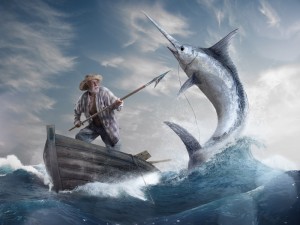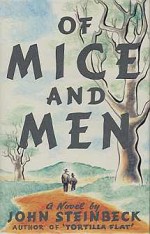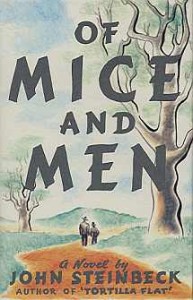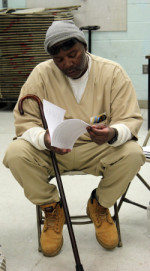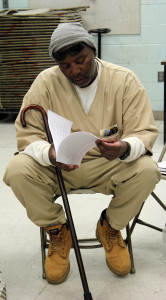Guest post by Shane Barnett
We were honored to have Professor Paul Jaskunas from MICA present to us the first chapter of his novel “Cybelle” this past Tuesday, a story about the coming of age of a rural West Virginia girl battling to overcome mediocrity. In his first chapter, Jaskunas illustrates the struggle of Cybelle to maintain her dysfunctional family while still managing to meet the demands of college so that she can attain the means to her lofty aspirations. So far, “Cybelle” is a somber story of the personal struggle that so many of us daily face. Such is life.
Professor Jaskunas captivated his audience with his soft-spoken narration of the very intriguing depths of female nature, dealing with men and sex and where these things can lead when haphazardly approached. The story so far seems to be a description of the age-old inter-relationship of woman to man in using her assets to obtain the security she needs for survival, as she tries to overcome her dependence upon him – a vicious cycle of give-and-take that so often is our existence.
Our class became a panel of critics full of questions and suggestions for the author. We wanted to know why he does what he does and how he does it. We wanted him to tell us more. What does Cybelle look like? Where is her story headed? Is she destined for success and the proverbial happy ending, or failure and tragedy? We did our best to exhume the details from the mind of our subject in order to ascertain the motive for his composition and the objectives for his forlorn heroine. From what I can gather, Cybelle has a long hard road ahead, but where that road leads has yet to be seen, even by Jaskunas himself, as he leaves us with awesome insight for our own development of plots and characters. “Let your characters be as chemicals in a scientific experiment … create conditions for them and see what reactions ensure…”
Good luck, Cybelle!


